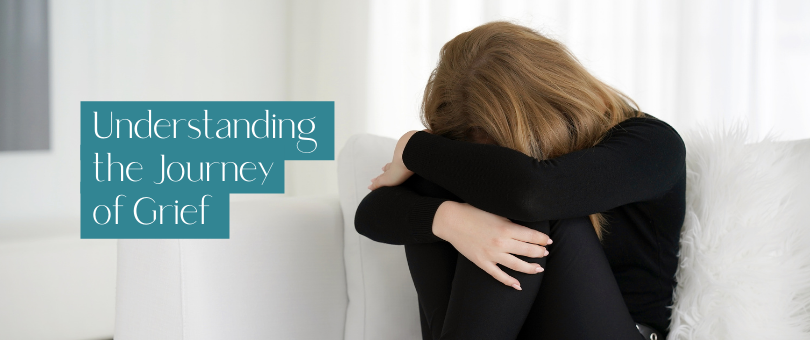Elisabeth Kubler-Ross was a psychiatrist that first documented the different stages of grief. According to her work, there are five “stages” or emotions of grief that most people experience. If you’re in the middle of grieving a loss, then you may recognize some of these stages already:
Denial
When something horrible happens, it’s natural to want to deny it. You don’t want to believe that you could wake up one day and a loved one could be gone. You don’t think that a serious illness could be the cause of your parent’s troubling symptoms.
You might say things like, “I can’t believe this is happening. This isn’t true. My loved one can’t be gone – I was just talking to her yesterday. My spouse can’t be filing for divorce – we were so happy over the holidays.”
Anger
As denial begins to fade and you’re left with your new reality, you may experience intense anger. You might be angry at your loved one for “leaving” you. You might be angry at the doctor that diagnosed your loved one. You might be angry at yourself and wonder what you could have done differently.
You may even say things like, “How could Mom leave me? She knows I need her. Why did it take the doctors so long to diagnose her? I should have known her symptoms were serious.”
Bargaining
When faced with loss, it’s common to try to bargain. You may want your loved one to see a different doctor for a second, third, or fourth opinion. You may make promises to a higher power that you’ll be a better person if your loved one is spared or sent back to you.
In the event of a breakup or divorce, you may try to convince your significant other to give it one more try or ask that you remain friends. You might pledge to change your ways or suggest counseling in order to stay together.
Depression
During and after loss, you may experience bouts of depression. You might replay all of the unkind things you said to your loved one. You may think of all the times you could have been nicer to your friend or family member. You might go to call your loved one on the phone or text message them only to realize you can’t. You might feel relief, especially if a loved one was suffering before they died or if your marriage was on the rocks for years before your divorce.
When it comes to depression, don’t try to shove it down. Repressing those emotions can prolong your grief and make it harder for you to rebuild your life.
Acceptance
Reaching acceptance isn’t an easy feat. It’s not something you can force. Rather, it’s a process of acknowledging what was and coming to terms with your new reality. This can be the most difficult part of grieving.
Acceptance doesn’t mean you’ll never cry over a loved one’s death or your trauma again. There will still be hard days. You’re still going to experience difficult emotions. But wrapped in with these emotions will be good things, too. You’ll be able to look back on your memories from life before with fondness. You’ll begin to enjoy little pleasures in life again. You’ll start making plans and creating goals.
Your Journey is Unique
When talking about the five stages, remember that everyone experiences grief differently. You may not go through every stage or you may go through the stages in a different order. This is perfectly normal. Give yourself permission to feel your emotions and offer yourself grace when you need it.
Grieving is hard. Learn how to care for yourself during this time when you download your free workbook.




0 Comments